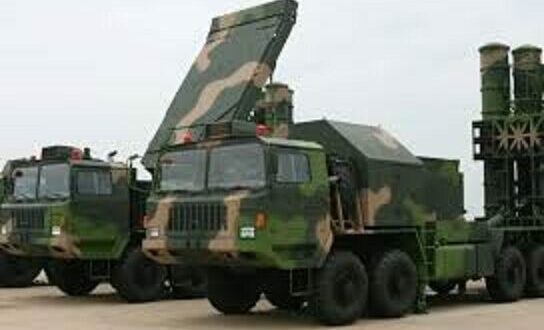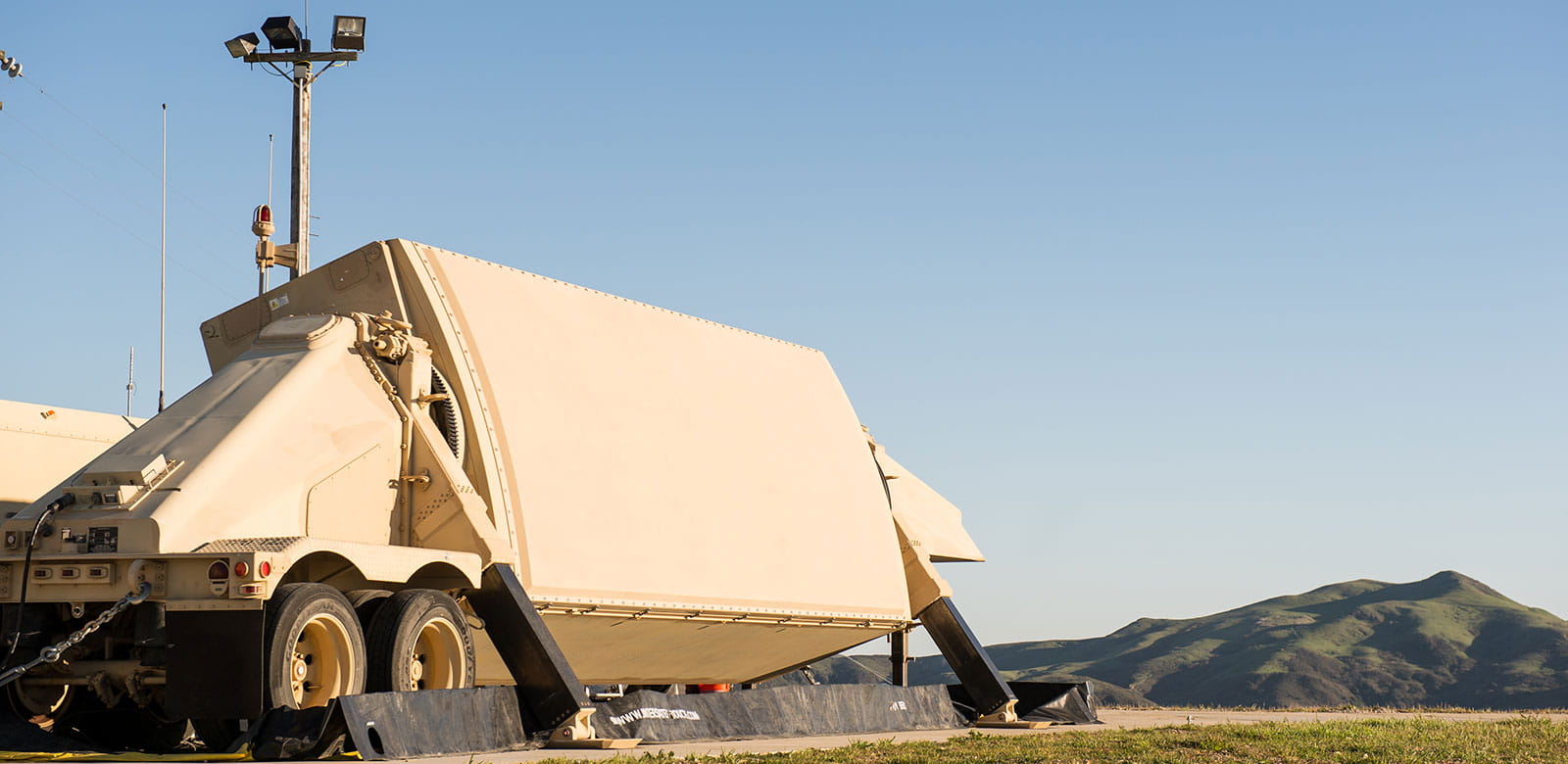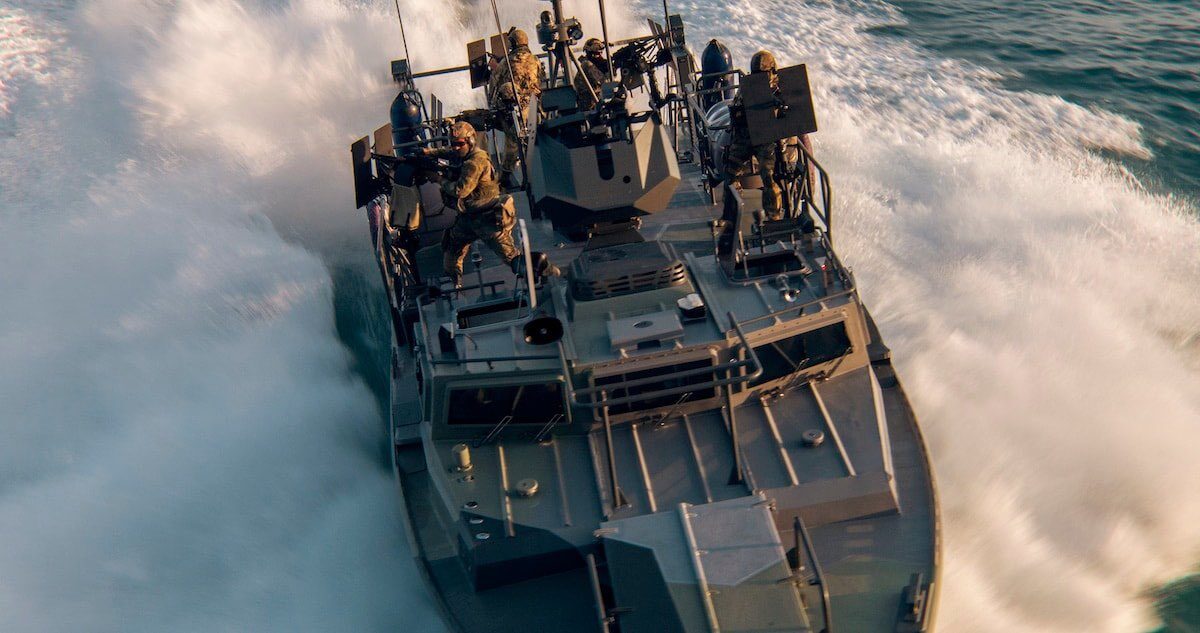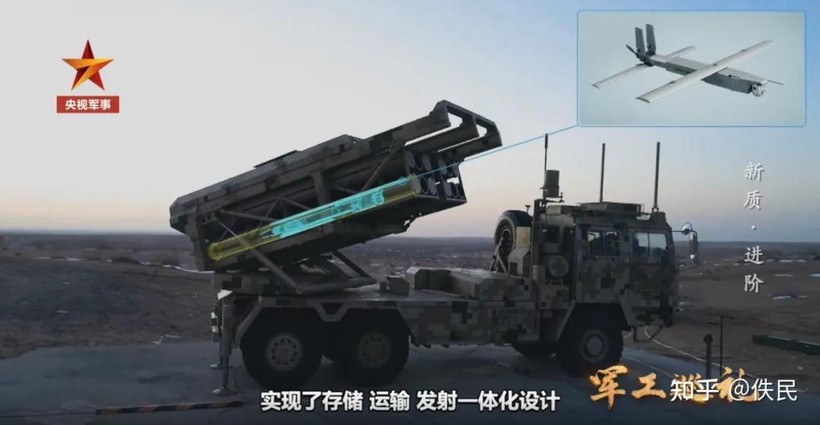Pakistan and Sudan have concluded a $1.5 billion defense deal, marking one of the most significant military collaborations between the two nations in recent years. The agreement, signed during a high-level visit to Islamabad by Sudanese military officials led by Lieutenant General Al-Tahir Mohamed Al-Awad Al-Amin, Commander of the Sudanese Air Force, aims to strengthen the capabilities of the Sudanese Armed Forces (SAF) in the context of the ongoing civil war against the Rapid Support Forces (RSF).
The contract signed by Khartoum is substantial, involving the enhancement of Sudan’s air, ground, and air defense capabilities:
-
10 K-8 Karakorum trainer/light attack aircraft
The K-8 Karakorum is a two-seat aircraft jointly developed by China and Pakistan. Primarily used for pilot training, it can also perform light attack missions thanks to its ability to carry air-to-ground missiles and bombs. This aircraft is ideal for Sudan, which is seeking to modernize its fleet while training a new generation of pilots. -
220 drones, including:
-
20 Shahpar-2 UCAVs (Unmanned Combat Aerial Vehicles): Armed drones developed by Pakistan, capable of reconnaissance, surveillance, and precision strikes. Equipped with advanced sensors, they can carry light missiles for accurate targeting.
-
150 YIHA-III UAVs: Long-endurance reconnaissance drones designed for intelligence gathering and real-time surveillance, essential for operations across Sudan’s vast territories.
-
50 MR-10K UAVs: Smaller tactical drones for short-range reconnaissance, suitable for localized operations.
-
50 Ababeel-5 UAVs: Versatile drones combining reconnaissance and attack capabilities, enhancing the SAF’s operational flexibility.
-
-
Engines for MiG-21 fighters
Sudan maintains an aging fleet of Soviet-era MiG-21 fighters. The new engines supplied by Pakistan will extend the operational lifespan of these aircraft, bolstering the Sudanese Air Force’s combat readiness. -
150 ASV Mohafiz armored vehicles
The ASV Mohafiz is a light armored vehicle designed for convoy protection and patrol operations. With the capacity to safely transport troops in conflict zones, these vehicles will strengthen the mobility and security of Sudan’s ground forces against RSF attacks. -
HQ-9 and HQ-6 air defense systems
-
HQ-9: A long-range air defense system of Chinese origin, capable of intercepting ballistic missiles, aircraft, and drones at distances of up to 200 km. It provides Sudan with a strategic air defense capability.
-
HQ-6: A medium-range system complementing the HQ-9, providing closer-range air defense, ideal for protecting military installations and bases from drone or low-altitude aircraft attacks.
-
This agreement comes amid Sudan’s civil war, where the SAF are battling the RSF in a conflict that has already displaced more than 10 million people. The deal reflects the determination of Sudan’s military leaders to prioritize a military solution over peace negotiations. However, given Sudan’s economic crisis, it is likely that a third country—potentially Saudi Arabia—will finance the deal.
Saudi Arabia, a longtime ally of Sudan, has strategic interests in the region and may seek to counter the influence of the United Arab Emirates, which supports the RSF.
The agreement also strengthens Pakistan’s position as a global arms exporter and consolidates its ties with Turkey, another key backer of the SAF. The delivery of modern equipment—including drones and air defense systems—could provide the SAF with a tactical advantage, but also risks intensifying the conflict and prolonging the suffering of Sudanese civilians.
Furthermore, the deal may have repercussions in the Horn of Africa, a region already marked by geopolitical tensions. The involvement of foreign powers such as Saudi Arabia, and potentially Turkey, could turn the Sudanese conflict into a proxy war involving broader regional rivalries.
This $1.5 billion defense agreement between Sudan and Pakistan represents a major step in the military relations between the two countries. By equipping the SAF with advanced aircraft, drones, armored vehicles, and air defense systems, the deal aims to strengthen Sudan’s military position in a devastating conflict.
However, it also raises concerns about escalating violence and the humanitarian impact of increased militarization. As Sudan remains at the heart of complex geopolitical struggles, this agreement could reshape regional dynamics, with uncertain consequences for the stability of the Horn of Africa.
 MENADEFENSE All about defense from Marrakech to Bengladesh
MENADEFENSE All about defense from Marrakech to Bengladesh

















Commentaires Recents